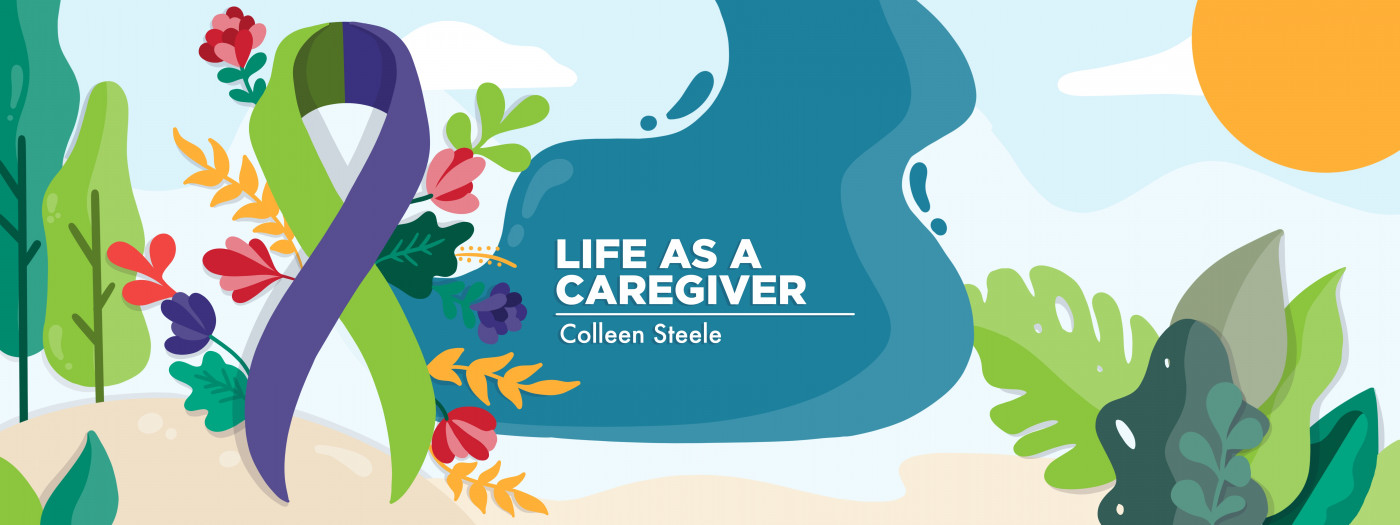Practicing What I Preach Is Advice Worth Taking
Written by |

I happened upon a meme of a cat lying flat on its belly, ears pulled back on alert, chin resting between two tense paws, and eyes wide with a look that could kill. The caption read, “I’m so calm, happy, and well-rested — said no caregiver ever!”
My ability to relate so well made the meme funny, but not funny. My laugh ended with an exasperated sigh.
My son Cullen received a diagnosis of pulmonary hypertension (PH) at age 8 and a heart and double-lung transplant at age 14. Now he is an adult, seven and a half years post-transplant, and being his caregiver is less stressful. I have shifted much of my focus to the health of my parents and my husband, Brian. Remaining calm, happy, and well-rested continues to be a challenge.
When I enter “caregiver tips” into a search engine, I find lots of well-meaning advice on how to take care of myself, but I think the best advice I have available is my own. I just need to work on practicing what I preach.
Don’t worry about what people think
As a transplant recipient, Cullen wore masks in public years before the pandemic mandates. People sometimes stare and make rude comments, but he never lets it get to him.
Cullen continues to follow the advice his dad and I gave him as a child. His failing health tethered him to supplemental oxygen, with continuous intravenous Flolan (epoprostenol GM) for PH and an IV vasodilator, milrinone, for heart failure.
“Caring for your health is more important than caring what people think of the process,” we would tell him. “Opinions won’t help you breathe, keep you from going into a PH crisis, or protect you from a virus or infection.”
As a caregiver, being controlled by what people think might not threaten my physical health, but it can damage my mental wellness.
When we rushed Cullen to the hospital when he had a PH crisis in the middle of the night, I remember trembling at his bedside, waiting for an emergency room doctor to arrive. When she did, the doctor looked at my hand gripping a coffee offered by a nurse and commented, “Well, Mom looks like she’s doing OK.”
I wasn’t. I felt cold with fear and used the warmth to help calm me. But I dumped the coffee out, not wanting to appear unbothered by my son’s condition.
During one of Cullen’s long hospital admissions, a nurse noticed a game running on my laptop and laughed because she thought I was working on something important. It probably wasn’t her intent, but I felt shamed and closed the screen.
When she left the room, Cullen continued playing his game and advised me to do the same because staring at his medical monitors wouldn’t improve his health any faster.
Engaging in little distractions is calming, and worrying about the opinions of others is not, so I advise myself daily to drink coffee and play a game.
Don’t make excuses
In February, Bionews, the publisher of Pulmonary Hypertension News, held a webinar via Zoom called “A Window Into Rare.” During the event, a panelist reminded us that people are not mind-readers. The panelist recommended patients and caregivers be honest with family and friends about what they are going through.
When Cullen had PH, instead of making up fake excuses, I encouraged him to explain why he couldn’t do certain things. I’ll admit, it has been easier to preach this advice than to practice it. Telling someone I’m too tired to do something can feel like a lame excuse compared with a lie, but lying could deny me the emotional support others can provide.
It’s OK to look how I feel
I would never expect Cullen to look his best when he’s not feeling well, so why put that kind of pressure on myself?
As I mentioned in a previous column, real-life caregivers are not Disney characters, like practically perfect-in-every-way Mary Poppins, and no one expects them to be.
Sweatpants or pajamas are acceptable attire when I’m a burned-out caregiver. Even a shower and brushed hair and teeth can wait a day when more than anything, I need rest or fewer things to worry about.
It’s appropriate to laugh or cry at any time
Cullen and I believe that patients and caregivers deserve to laugh or cry whenever needed. I’ve heard him make jokes and laugh his way into surgery, and he has seen me cry when I’m happy.
I don’t think patients or caregivers need advice about their emotions — just the freedom to express them.
Note: Pulmonary Hypertension News is strictly a news and information website about the disease. It does not provide medical advice, diagnosis, or treatment. This content is not intended to be a substitute for professional medical advice, diagnosis, or treatment. Always seek the advice of your physician or other qualified health provider with any questions you may have regarding a medical condition. Never disregard professional medical advice or delay in seeking it because of something you have read on this website. The opinions expressed in this column are not those of Pulmonary Hypertension News or its parent company, Bionews, and are intended to spark discussion about issues pertaining to pulmonary hypertension.





Leave a comment
Fill in the required fields to post. Your email address will not be published.